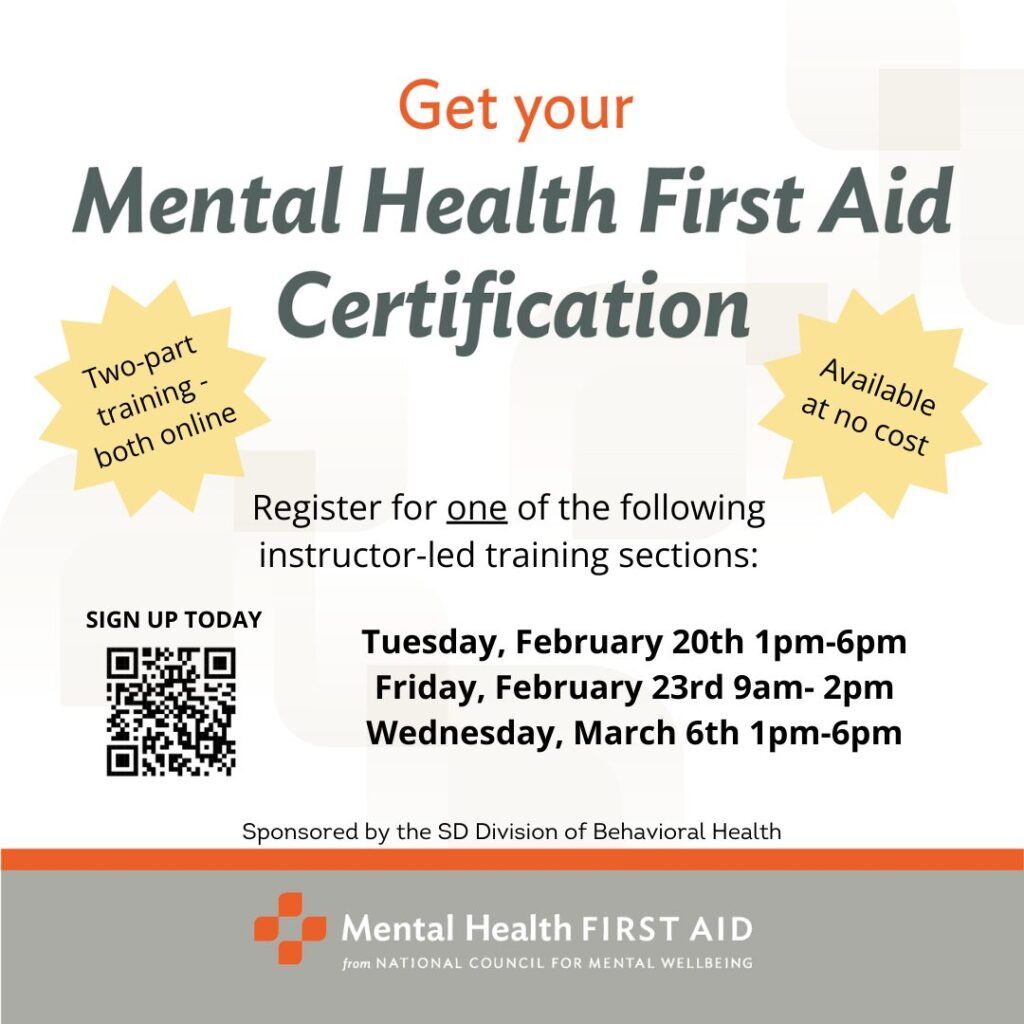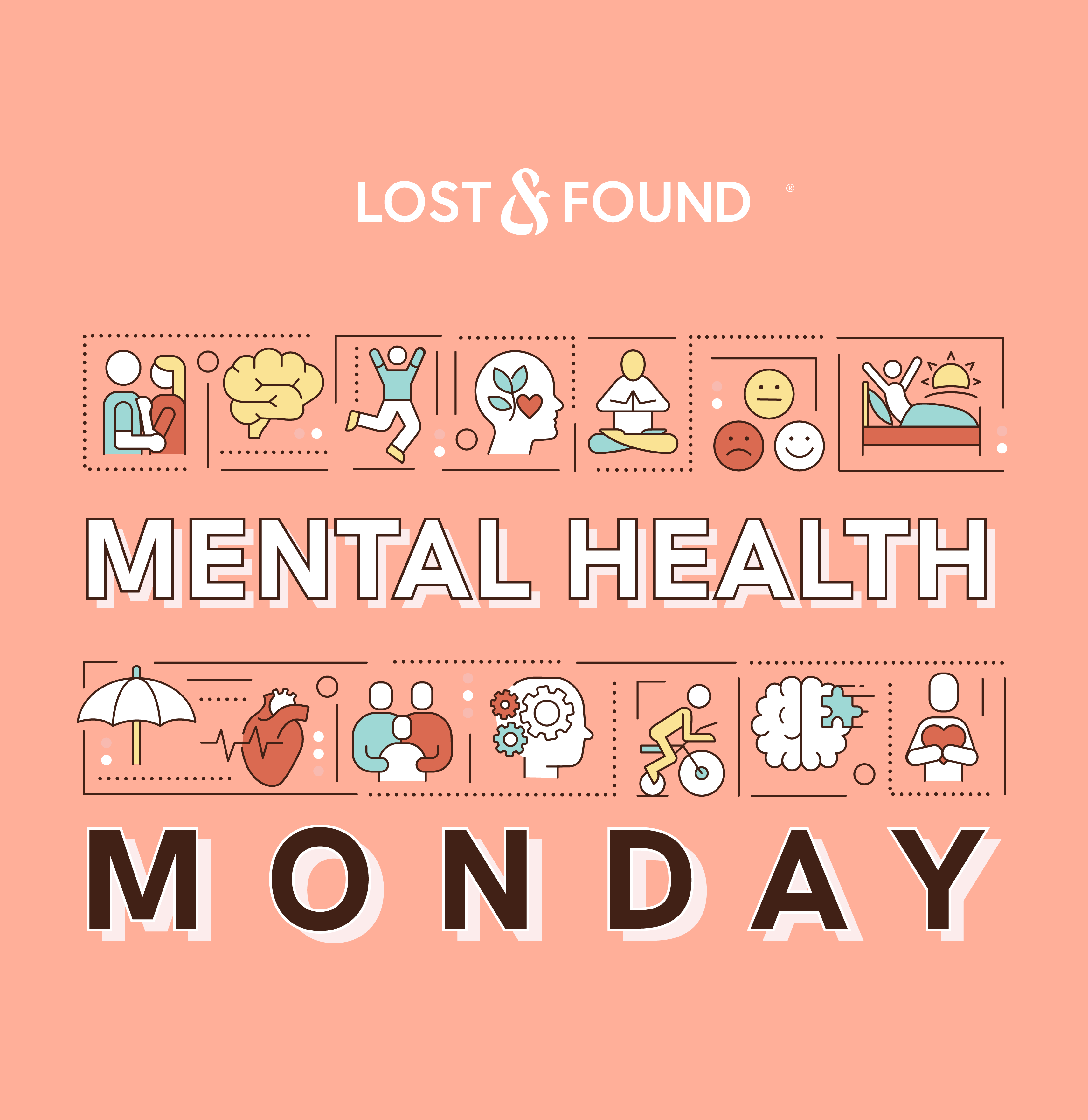Mental Health Monday: Colleges focus on wellbeing
Today we are starting a regular weekly series called Mental Health Monday. Our goal is to share information about mental health trends and research, as well as suggestions for what we can do as individuals and communities to improve the mental health of ourselves and others.
Wellbeing should be part of the value of a college degree, professor argues
“Is college only about getting a job, or can it also be the foundation for a life well lived and a career that brings meaning, as so many graduates say is important to them?” This question is posed by Dr. Thomas Katsouleas, a professor of engineering and physics at the University of Connecticut, where he was the 16th president as well as a member of the Coalition for Transformational Education, an organization dedicated to fostering opportunities for life-long wellbeing through higher education. In “Equal Measures: The national debate over the value of college should include wellbeing,” Dr. Katsouleas argues that lifelong wellbeing is an important consideration in assessing the value of higher education. Addressing factors such as experiential learning, meaningful faculty mentorship, and finding purpose in education, he offers a new perspective on the return on investment of a college degree.
From Kasouleas’ article:
Gallup finds alumni who had experienced the “big six”: those who have had three key supportive experiences with faculty and mentors and participated in three experiential education opportunities are significantly more likely to be thriving in their post-graduation lives and their careers. …
We are starting to see evidence of how high impact practices, like project-based learning that connects curriculum to real-world problem solving, is empowering for students. This type of relation-rich education, and a stronger focus on mentoring and teaching generally, increases identity, agency and belonging in current students—all of which we know can lead to improved mental health.
Read the full article here.
After suicides, a Massachusetts university takes a comprehensive approach to mental health
A series of suicides at Worcester Polytechnic Institute in Worcester, Massachusetts, started in the isolating times of the Covid-19 pandemic, according to a New York Times article. “It was a very dark time on campus,” said Katherine Foo, an assistant professor who had taught one of the students who died. The mental health crisis affecting students reached across all demographic factors. It affected the lives of faculty and staff as well, who became essentially “first responders” to students in crisis.
Campus leaders responded at first by seeking more information with a task force and searching conversations held in small groups across campus. The response those conversations indicated was that the university needed to take up the mantle of student wellness as well as the responsibility of students’ academic education.
From the article:
This is, perhaps, the new vanguard: the academic institution as wellness community. It has a slight dystopian ring to it. The all-encompassing beneficent administrative machine, with eyes everywhere. And yet, the circumstances producing these conditions seem to justify it. Many students who struggle with their mental health or suicidal feelings never reach out to a counselor. The school’s goal is to reach struggling students however it can: during classes, on scheduled rest days, through the entire community, including the janitors.
Read the full article, including more about how the university is responding, here.
Some notes from Lost&Found
Lost&Found, an organization founded to do more to prevent suicide among young adults, is responding to the mental health crisis on college campuses in several ways:
- Lost&Found’s student programming–its chapters and its Peer2Peer Mentorship program–work to build community and connection among college students. The mentorship program is specifically targeted to students who need a little extra support navigating college life. Read more about these programs here.
- Lost&Found has developed a tool called the Campus Resilience Index that can help college leaders see what is working to prevent suicides on campus and where they could improve. This easy-to-implement tool is provided free of charge to South Dakota institutions of higher education, thanks to state funding. Learn more about the CRI here.
- Lost&Found is providing postvention support to college campuses. This includes the development of postvention policies so that colleges can respond quickly and appropriately after a suicide to prevent one death from becoming many. This policy support is provided to South Dakota institutions of higher education free of charge, thanks to state funding. Learn more about this work here.
Here’s an opportunity to do more:
Register for Mental Health First Aid (MHFA)!
Lost&Found’s Carrie Jorgensen and Dr. Anne Kelly will be providing MHFA training on the following dates:
- Tuesday, February 20th from 1pm – 6pm (Central)
- Friday, February 23rd from 9am – 2pm (Central)
- Wednesday, March 6th from 1pm – 6pm (Central)
You only need to attend one of these trainings to earn your MHFA certificate. Prior to the instructor-led portion of this training, learners will complete a 2-hour, self-paced online course. The Instructor-led Training portion will be a live, online training offered via Zoom. You can register for one of these three sessions here.
This training is available to anyone interested in learning more about mental health and how to help others. We hope to see you there!

Get Your Mental Health First Aid Certification – flier

